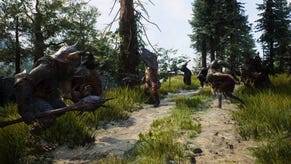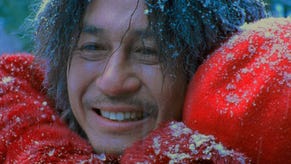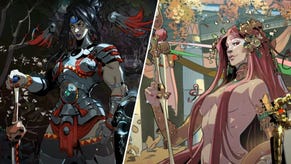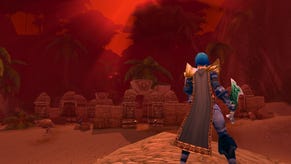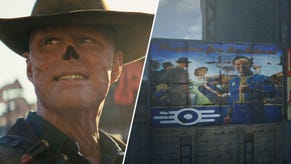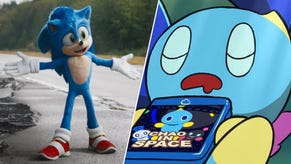Metal Gear Rising: Platinum discuss lost content, working culture at Kojima Productions
Metal Gear Rising: Revengeance developers Atsushi Inaba and Kenji Saito have discussed in detail the studio's development process, how Hideo Kojima approached the team and the working culture of both Platinum Games and Kojima Productions.
In an interview with PSM3 magazine - via CVG - producer Inaba explained that Hideo Kojima asked him to develop Metal Gear Rising at a party.
"The first time I approached Mr. Kojima was at a party," he recalled, "I asked how Metal Gear Rising was doing, and there was no response from him at the time. The second time was at another party, and Mr Kojima actually asked, "Do you want to develop Rising for us?" And this was very... not business like... It was just instantly, "Do you want to make Rising for us?" So I thought it was a joke.
"The third time it was official and at that meeting Mr Kojima asked us if we could make the game. As an independent studio we have to think about the staff members we have available to complete the project, and truthfully there wasn't much opening, but I felt that this was a title we had to do. At that meeting I knew I wanted to do that game."
Both Inaba and Saito were asked to share their experience of Metal Gear Rising's initial state, before Platinum scrapped everything and restarted the project, and director Saito even gave insight into the game's previous bosses, which Kojima Productions producer Yuji Korekado recently stated were some of the best in the series.
"When Kojima studios were first making Rising, Boris [Volgin] was included in the initial concept. We did of course look at it and refer to it, and there are some characters we reused from the original concept, but ultimately, the most important concept that we needed to stay within is the Metal Gear world.
"The boss battles and the bosses in general were completely different in the original concept. There were a lot of stealth concepts that they were doing internally at Kojima studios, so now that it's solely an action game the design and the action sequences are completely different.
"All of our boss concepts and any kind of art concept that comes out of Platinum Games are supervised by our art director at Kojima studios, Yoji Shinkawa, and I think that reflects positively in the game."
When asked about the working nature of Kojima Productions - which is often assumed to be simply Hideo Kojima telling everyone what to do - Saito cleared the air a little.
"One thing I did realise is that everyone at Kojima Productions voices their opinion. Everyone butts their head and makes sure their voice is heard. That's something that Platinum games does as well, and it has shown in our relationship. And in the end we believe that this creates something better as an idea and I hope it reflects in the game.
"Any studio has their specialities. This time around for Revengeance, we have a limited amount of time so we had to sacrifice a few things. But if we were to work with Kojima Productions in the future, we'd like a little bit more time to show both Kojima Productions' and Platinum Games' unique side."
When asked if Metal Gear Rising: Revengeance was a mix of Platinum's previous titles Bayonetta and Vanquish, Saito downplayed the comparison, "We wouldn't necessarily say it's a mix, but of course Bayonetta and Vanquish are past projects, and that experience has led to some of the things we're able to do in Rising. So the experience helps, but Rising isn't necessarily a mix. It's something completely different."
What do you make of Metal Gear Rising: Revengeance so far? Let us know below.



